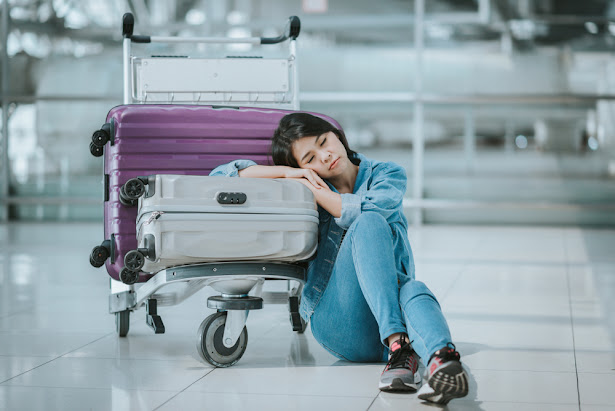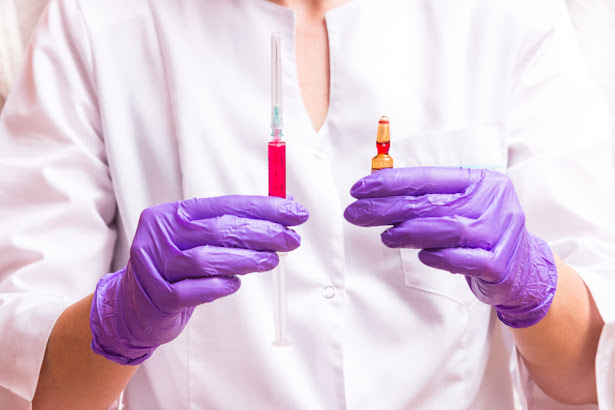Travel Health Tips for People Who Are Going on a Humanitarian Aid Trip
 |
| Going on a Humanitarian Aid Trip |
Embarking on a humanitarian
aid trip is a noble endeavour, bringing hope and assistance to those in need.
As you prepare for this impactful journey, prioritizing your health is crucial
to ensure you can give your best. At Intrigue Health, we understand the unique
challenges of humanitarian missions, and we've curated essential travel health
tips to guide you through this rewarding experience.
1. Plan for Travel Health:
Before setting
off on your humanitarian mission, visit a reputable travel clinic in Bexley,
such as ours, to receive personalized travel health advice. Our experienced
pharmacists can provide tailored recommendations and necessary vaccinations,
ensuring you're protected against region-specific diseases. For those in Longfield
or Gravesend, our travel clinic services are readily available to address your
health needs.
2. Immunizations Matter:
Health tips for
travellers often emphasize the importance of vaccinations, and this holds true
for humanitarian aid trips. Ensure your routine vaccinations are up-to-date and
inquire about additional vaccines specific to the destination. Diseases like hepatitis,
typhoid, and yellow fever can pose risks in certain regions, so
initiative-taking immunisation is key.
3. Pack a Comprehensive Travel Health Kit:
Prepare a
well-stocked travel health kit containing essentials like first aid supplies,
prescription medications, pain relievers, and any prescribed anti-malarial
drugs. Consider over-the-counter remedies for common ailments, such as
digestive issues or allergies, to address minor health concerns on the go.
4. Stay Hydrated and Nourished:
In the midst of
humanitarian efforts, it's easy to neglect personal health. Ensure you stay
hydrated and maintain a balanced diet. Pack nutritious snacks for sustained
energy during long days of service. Adequate hydration and nutrition are
fundamental to your overall well-being and resilience.
5. Prioritize Sleep and Rest:
Humanitarian aid
trips often involve rigorous schedules, making it essential to prioritize rest.
Allocate time for sufficient sleep to rejuvenate your body and mind. Quality
rest contributes to better focus, mood, and overall effectiveness during your
mission.
6. Protect Against Insect-Borne Illnesses:
In many regions,
insect-borne diseases like malaria are prevalent. Use insect repellent, wear
long-sleeved clothing, and sleep under mosquito nets to minimize the risk of
bites. Consult our travel health experts for additional preventive measures,
including anti-malarial medications.
7. Maintain Personal Hygiene:
Simple yet
effective, maintaining personal hygiene is a cornerstone of travel health. Pack
hygiene essentials like hand sanitizers, wet wipes, and antibacterial soap to
reduce the risk of infections. Regular handwashing is a powerful preventive
measure.
Conclusion
As you embark on
your humanitarian aid trip, remember that your well-being is paramount. By
following these travel health tips, you'll be better equipped to make a
positive impact on the communities you serve. At Intrigue Health, we are here
to support you throughout your journey.
At Intrigue Health, we're committed to ensuring your health and well-being on your humanitarian aid trip. Visit our travel clinic in Bexley for personalised advice and vaccinations. Contact us today to schedule a consultation and embark on your mission with confidence. Embark on your journey with Intrigue Health – because your health matters, especially when making a difference in the world.



Comments
Post a Comment